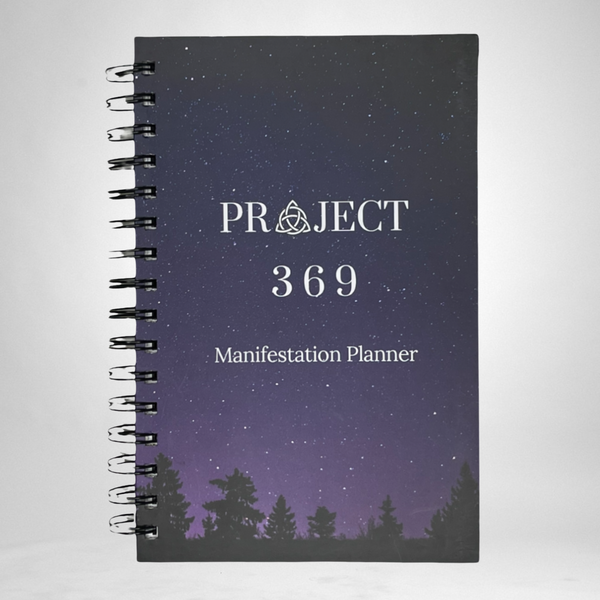
It’s a common refrain: “Life was better back then.” Many people believe that things were simpler, more enjoyable, and generally better in the past than they are today. But is this belief based on reality? Or is it just nostalgia talking?
Several factors contribute to the belief that life was better in the past. These include the psychology of memory, the role of nostalgia, changes in our perception of time, cultural narratives, and more. Let’s take a closer look at each of these factors.
Browse our Affiliate Products
The Psychology of Memory
One of the key factors that contribute to the belief that life was better in the past is the way that memory works. Our memories are not perfect records of the past, but rather a subjective interpretation of events. As a result, we tend to remember the good things more than the bad. This phenomenon is known as “selective memory.” We remember the things that we enjoyed, the moments that made us happy, and the positive experiences. We tend to forget the negative things, or at least downplay them in our memories.
Selective memory can be particularly powerful when it comes to our perceptions of the past. We may remember the good things about a particular time, but forget the challenges and difficulties that we faced. This can create a distorted perception of the past, making it seem better than it was. This is when you think back to elementary school, would you want to relive those days? But then again, depends on who you talk to. Everyone is different and each of us has our own happiness to which we would like to return to.
Nostalgia

Another factor that contributes to the belief that life was better in the past is nostalgia. Nostalgia is a sentimental longing for the past, particularly for a time or place that we remember fondly. It’s a feeling of wistfulness for a bygone era, and it can be a powerful force in shaping our perceptions of the past.
Nostalgia tends to focus on the positive aspects of the past while downplaying or ignoring the negative. We remember the things we loved about the past, the things that made us happy, and the moments that we cherish. We tend to forget the bad things, or at least minimize their significance in our memories.
Perception of Time
Our perception of time can also contribute to the belief that life was better in the past. As we age, time seems to move faster. This can create the impression that the past was longer, and therefore more significant, than the present. We may also remember the past as a time when we had more time – when we were younger and had fewer responsibilities. This can create the impression that life was more carefree and enjoyable in the past.
Cultural Factors
Several cultural factors contribute to the belief that life was better in the past. These can include nostalgia for a particular period or cultural era, as well as broader cultural narratives that suggest that things were better in the past. For example, there is a common cultural narrative that suggests that the 1950s were a time of prosperity, stability, and happiness in the United States. This narrative can create the impression that things were better in the past than they are today.
The Importance of Mindfulness
So, if our memories and perceptions are so easily distorted, how can we appreciate the present moment? One solution is mindfulness. Mindfulness is the practice of being fully present and engaged in the current moment, without judgment or distraction. It’s a way of focusing our attention on what is happening right now, rather than dwelling on the past or worrying about the future.
Mindfulness can be a powerful tool for combatting the belief that life was better in the past. By focusing on the present moment, we can appreciate the good things that are happening in our lives right now. We can also be more aware of the challenges and difficulties of the present so that we don’t idealize a past that never really existed.
Why the Past May Seem Better
Additionally, when people reminisce, they tend to focus on positive memories and filter out the negative ones. This selective memory bias is known as the “rosy retrospection” effect. Our brain tends to hold onto positive memories because they give us a sense of comfort and happiness. However, this can lead to a distorted view of the past, where we believe that life was always better in the past.
From a spiritual standpoint, some people believe that life was better in the past because of a decline in spiritual values. They argue that society has become too materialistic and self-centered, which has led to a decline in morality and spirituality. These individuals may feel a deep sense of disconnect from the world around them and long for a time when things were simpler and people were more connected to their spiritual roots.
Dealing with the Feeling that Life Was Better in the Past
If you find yourself constantly dwelling on the past and feeling that life was better back then, here are some tips to help you deal with these feelings:
- Practice mindfulness: Practicing mindfulness involves being fully present at the moment and observing your thoughts and emotions without evaluating them. This can help you center your attention on what’s happening right now and release any thoughts or feelings related to the past.
- Focus on the positive aspects of your present life: Make a list of all the things that you are grateful for in your current life. Focusing on the positive aspects of your life can help you appreciate what you have and feel more content with the present.
- Connect with your spirituality: If you feel a deep sense of disconnect from the world around you, try connecting with your spirituality. This could involve meditation, prayer, or any other practice that helps you connect with your spiritual roots.
- Seek help: If you find that your feelings of nostalgia are interfering with your daily life, consider seeking help from a therapist or counselor. They can help you work through your feelings and develop strategies for coping with them.
Final Thoughts
While it is natural to feel that life was better in the past, it is important to recognize that this feeling is often influenced by our selective memory bias and the nostalgia effect. By practicing mindfulness, focusing on the positive aspects of our present lives, and connecting with our spirituality, we can learn to appreciate the present moment and find joy in the here and now.








